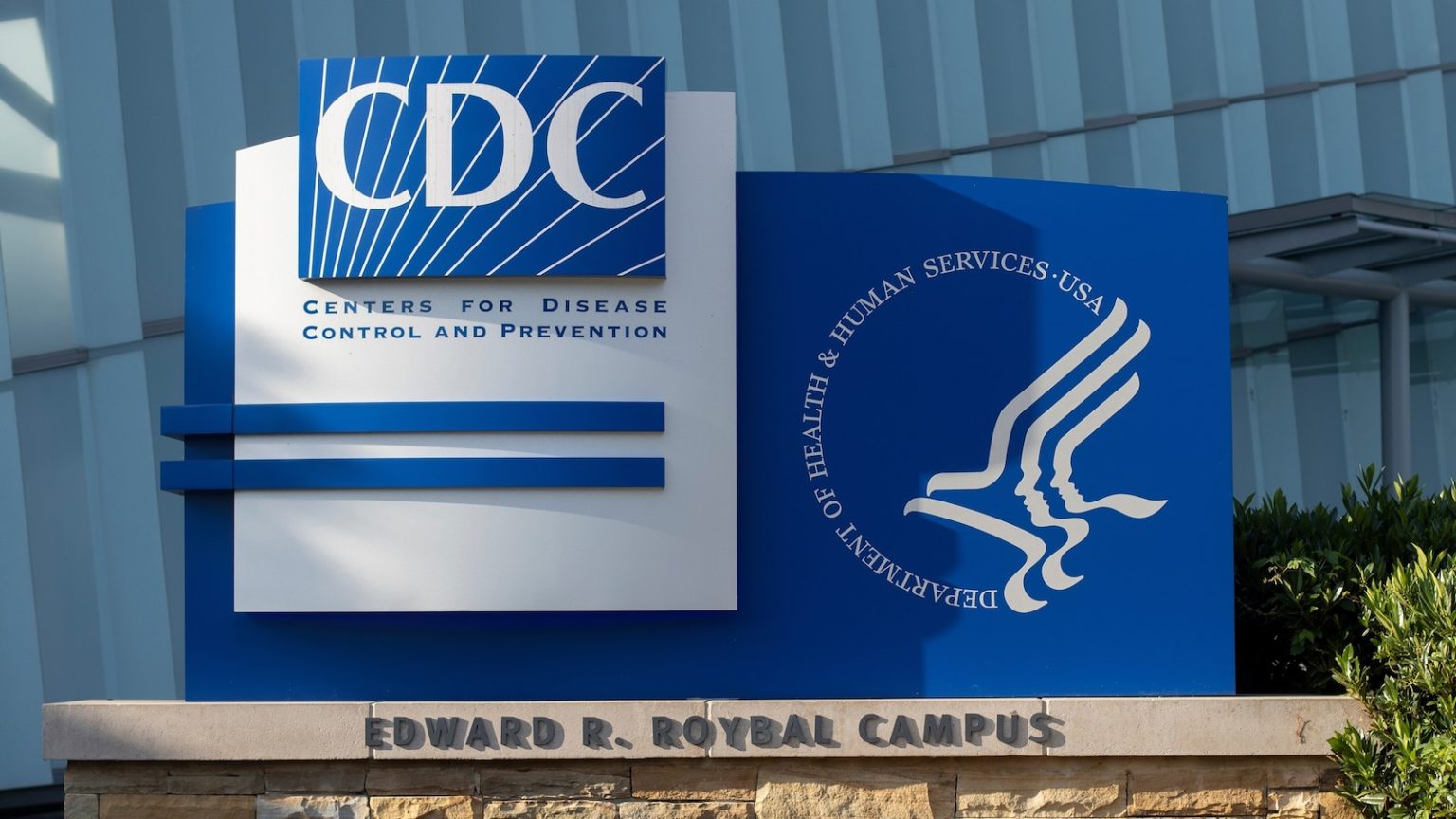Federal Data Alterations Spark Concern Among Medical Groups
Medical organizations across the United States are raising alarms over the sudden removal or alteration of critical government datasets and webpages, particularly from agencies like the Centers for Disease Control and Prevention (CDC) and the Food and Drug Administration (FDA). These changes, reportedly made at the direction of President Donald Trump’s administration, have prompted concerns about the potential disruption of public health efforts, research, and patient care. The American Cancer Society (ACS), a nonprofit dedicated to combating cancer, has issued a formal statement urging the administration to reinstate access to comprehensive data. The organization emphasizes the importance of this data in addressing cancer disparities and ensuring evidence-based scientific progress.
The ACS specifically highlighted the removal of the Social Vulnerability Index (SVI), a tool that uses U.S. Census data to identify county-level risk factors such as poverty, race, disability, and housing conditions. This index is crucial for deploying resources to vulnerable communities and planning support services for cancer patients and survivors. "Any barriers to accessing these data can also have repercussions on planning and deployment of support services," the group warned. The removal of such datasets, the ACS added, could hinder efforts to reduce the cancer burden across all communities. Interim CEO Dr. Wayne A. I. Frederick stressed that data from public sources like the SVI are essential for informed decision-making and resource allocation.
Broader Implications for Public Health Data
The alterations to federal datasets extend beyond cancer research. Across the government, webpages and datasets related to public health topics such as HIV, LGBTQ+ health, and vaccine information have been removed or modified. Officials at the CDC, speaking anonymously, revealed that terms like "pregnant people," "chestfeeding," "diversity," and "health equity" are being flagged for removal. These changes appear to align with President Trump’s executive orders targeting diversity, equity, and inclusion (DEI) policies and transgender identities. The orders call for an end to related policies within the federal government, prompting a widespread overhaul of agency websites.
The removal of these resources has significant implications for public health. For instance, data tools used to track disease outbreaks and guide clinical practices have been taken down, creating what Doctors for America describes as a "dangerous gap" in scientific data. This not only affects researchers but also deprives physicians of critical resources for guiding patient care and communication. The lack of access to these datasets undermines the ability of healthcare providers to respond effectively to public health challenges.
Legal Challenges and Calls for Transparency
In response to these changes, Doctors for America, a medical nonprofit, filed a lawsuit against several Trump administration agencies, including the Department of Health and Human Services (HHS), which oversees the CDC and FDA. The lawsuit seeks a federal court order to restore the removed webpages and datasets. The group argues that the removal of these resources jeopardizes the ability to monitor and respond to disease outbreaks, informing clinical practice, and communicating with patients. "This is a direct attack on the foundation of public health and scientific integrity," the group stated.
The CDC has attributed the changes to President Trump’s executive orders, which aim to "restore biological truth" and end "radical" DEI programs. The agency confirmed that the alterations are part of a broader effort to align federal policies with the administration’s priorities. However, the CDC also noted that the changes are temporary, with a "pause on mass communications and public appearances" to allow the new administration to review and prioritize content. Despite this explanation, the abrupt removal of critical health data has sparked widespread concern among medical professionals and advocacy groups.
Impact on Cancer Research and Patient Care
The American Cancer Society has expressed particular concern about the long-term consequences of these data disruptions. The organization relies heavily on federal and state datasets to produce its annual reports, such as "Cancer Statistics, 2025" and "Cancer Facts and Figures." These reports provide essential insights into cancer trends, survival rates, prevention strategies, and treatment options. Dr. Frederick emphasized that the ACS uses this data to develop guidelines for cancer screening and prevention, which are critical for clinicians, policymakers, and the general public.
Any disruption to data collection and dissemination, Frederick warned, could undermine these efforts and hinder progress in the fight against cancer. The ACS is calling on the administration to ensure that data collection remains comprehensive and accessible, free from unnecessary bureaucratic hurdles. The organization is also urging the administration to restore access to critical tools like the Social Vulnerability Index, which plays a vital role in addressing health disparities.
The Administration’s Stance and the Future of Public Health
President Trump has openly supported the removal of certain webpages, framing it as part of his broader push against DEI initiatives. When asked about the shutdown of government websites for scrutiny, the president remarked, "It wouldn’t be a bad idea." He added, "DEI… would have ruined our country, and now it’s dead." While the administration has described the changes as temporary and necessary for review, the sudden and sweeping nature of the alterations has raised concerns about the politicization of public health data.
The long-term implications of these actions remain unclear, but one thing is certain: the removal of critical health data has the potential to erode trust in federal agencies and undermine efforts to address pressing public health challenges. As medical groups like the American Cancer Society and Doctors for America continue to push for transparency and accountability, the administration’s approach to data management will remain a focal point of debate. The stakes are high, with the health and well-being of millions of Americans hanging in the balance.















